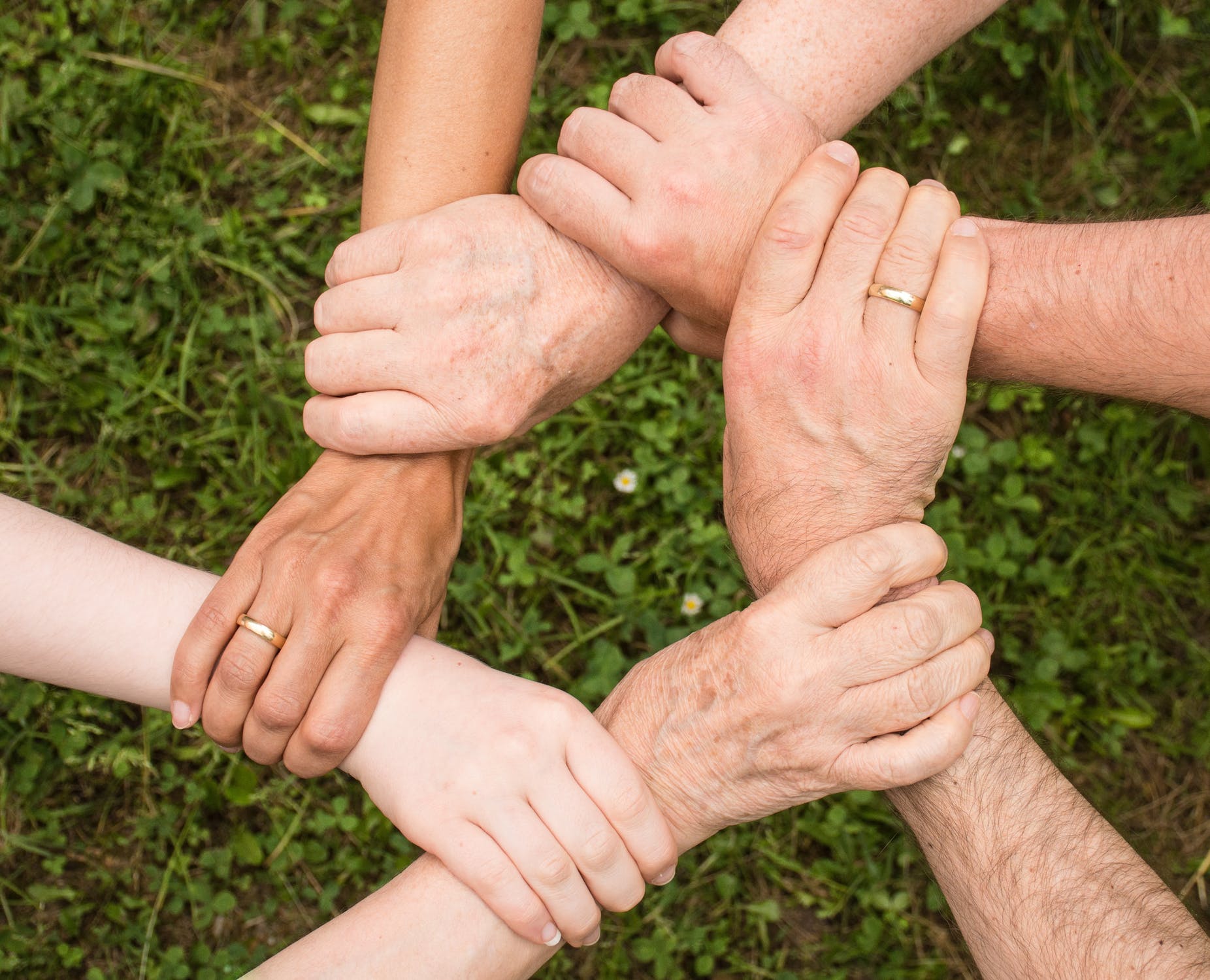In 1759, the economist Adam Smith introduced the concept of the ‘invisible hand’, outlining how a free market economy successfully functions because individuals acting in their own self-interest unintentionally deliver benefits to society.
A hundred years later, in 1859, Charles Darwin outlined his theory of evolution by natural selection, showing that species that are well adapted to their environments are more likely to survive and reproduce.
And, in 2020, the coronavirus pandemic has provided perhaps the ultimate test of the extent to which these ideas apply to the modern business environment.
Businesses exploiting the pandemic in a way that demonstrates naked self-interest will rightly be punished by consumers. The corrective power of an open market economy is demonstrated by hand sanitizer stockpilers having their online marketplace accounts closed down. In a Darwinian sense, these businesses were poorly adapted to the current environment, misjudging the public mood, and diminishing their chance of survival. There will be a natural selection effect, as other entrepreneurs learn from their mistakes in the future.
There is, however, scope for businesses to ethically act in their own self-interest and benefit wider society. The ‘invisible hand’ means a business that adapts its offer smartly in response to coronavirus can remain profitable, while consumers will benefit from goods or services more tailored to the current challenging circumstances, whether that’s food delivery and exercise classes or video on demand services and educational courses.
Retail response
Some businesses have an innate advantage when it comes to adapting to the new reality. A study from Retail Economics, for instance, found that close to half of people (49%) plan to buy more items online to avoid going out.
This also benefits retail media. A recent Digiday article noted that advertisers in the FMCG space in particular, along with clothing, pharmaceuticals, electronics and personal care, were redirecting ad spend towards retail and grocery media channels from the likes of Amazon, Walmart and Target.
While retail media owners find themselves in the fortunate position of witnessing the environment adapting in a way that is favourable towards them, the brands choosing to redirect spend towards these channels are demonstrating an adaptiveness to the new environment.
Meanwhile, Etsy has demonstrated adaptiveness with its Stand With Small campaign, reminding its community and shoppers around the world that they have a role to play in helping small businesses thrive in challenging times. It has combined this with waiving advertising fees and offering flexible payment schedules to its sellers. Of course, Etsy’s business relies on its sellers surviving these challenging times – its own self-interest and that of millions of small entrepreneurs and the consumers who enjoy their products neatly overlap.
Alongside optimising ad spend or adjusting payment schedules, retailers and marketplaces have an opportunity and a responsibility to ensure they fully meet the requirements of consumers increasingly shopping online. A recent study from Bazaarvoice found that 78% of shoppers trust reviews and 39% of shoppers named product reviews as the most important part of an online product page, topping the list ahead of the product description and professional photos in second place (22%). Smart brands and marketplaces will need to respond by ensuring they take steps to boost user-generated content and reviews on their own sites.
The invisible hand that motivates brands to direct spend towards the right type of ads in the right channels, and to provide the most valuable content once they’ve driven traffic to their sites, can benefit businesses and consumers.
Smart, data-driven businesses can adapt and thrive in challenging times – driving profitability while benefitting society and setting themselves up for greater success as the pandemic eases.
